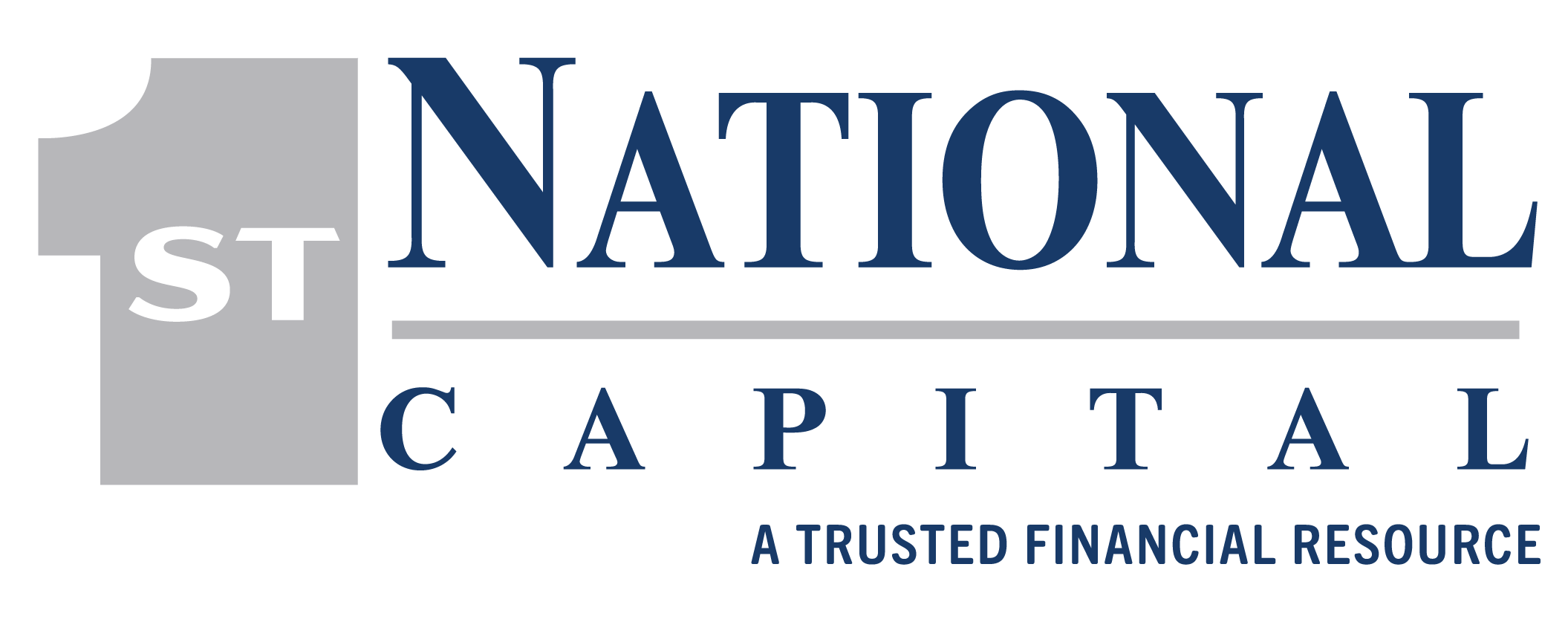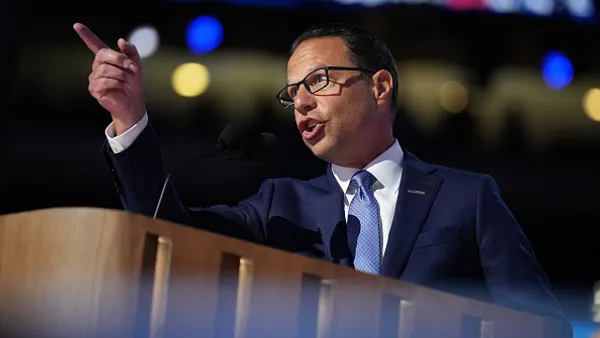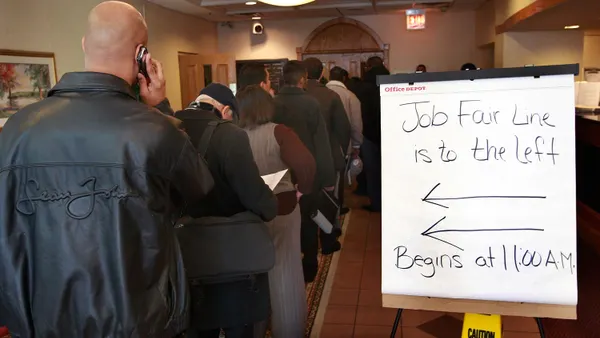Dive Brief:
- Tackling the time and cost of the education required to become a certified public accountant and raising starting salaries were among the specific recommendations made by the National Pipeline Advisory Group, comprised of accounting industry stakeholders convened a year ago to address the accounting talent shortage. The proposed solutions were contained in the final 95-page report outlining six broader themes that warrant fixes.
- The main issues which the NPAG is calling out for the industry to take action on are: making the academic experience more engaging, addressing the time and cost of education required to become a CPA, increasing support for CPA Exam candidates, expanding access for underrepresented groups to the field; improving business models and cultures to enhance employee experience and telling a more “compelling story” about accounting careers to replace “outdated messaging that highlights more negatives than positives and misperceptions.”
- Lexy Kessler, Chair of the NPAG and a CPA and Mid-Atlantic Regional Leader of Aprio, said all stakeholders in the accounting industry need to work together to implement the strategies, noting in the report that the impact of the shortage is rippling well beyond the accounting industry. “The dearth of accounting professionals expands beyond labor issues,” Kessler wrote. “There is profession-wide concern that the shortage is playing a role in financial reporting delays and challenges across U.S. businesses, an alarming fact that increases the urgency for action.”
Dive Insight:
The report comes two months after the independent task force convened last July by the American Institute of CPAs delivered a draft report which echoed similar themes.
The NPAG is looking to address the shrinking pool of U.S. accounting professionals that CFOs and finance department recruiters have been grappling with as they seek out staff needed to close books, complete audits, and make sure the company’s financials comply with GAAP and other regulations.
As did the draft report, the final version opens the door to controversial proposals emerging in various states to change licensure rules that typically require CPAs to complete 150 college credit hours — effectively a fifth year of college — as well as to provide alternative paths that would allow for licensure with just a Bachelor’s degree and some experience.
“Considering shifting market dynamics, NPAG is moving swiftly to frame a buildable set of concepts that adds to the existing licensure options to evolve and future-proof the CPA license,” the report states.
At the same time, the report notes that licensure changes need to take into consideration their impact on mobility, a term used to describe the ability for CPAs to work in different states due to the largely consistent existing licensure requirements.
“NPAG envisions that evolving the license would include a common competency framework as the foundation,” the report says, adding that there are likely to be ongoing developments that aren’t captured in the report because a range of activity on the issue is currently underway.
For example, this year proposed legislation in Minnesota that would have allowed Minnesota CPAs to obtain a license with just 120 college credit hours and two years of work experience stalled in the state legislature, CFO Dive previously reported. The Minnesota Society of Certified Public Accountants is looking to capitalize on rising interest in similar initiatives nationwide to help push the change over the finish line next year.
Going forward, the report’s proposed initiatives will take considerable time and industry unity to implement, Kessler wrote. “As stakeholders implement year one of this strategy, stakeholders must also continue envisioning plans for year three, year five, and beyond,” she said in the report.













